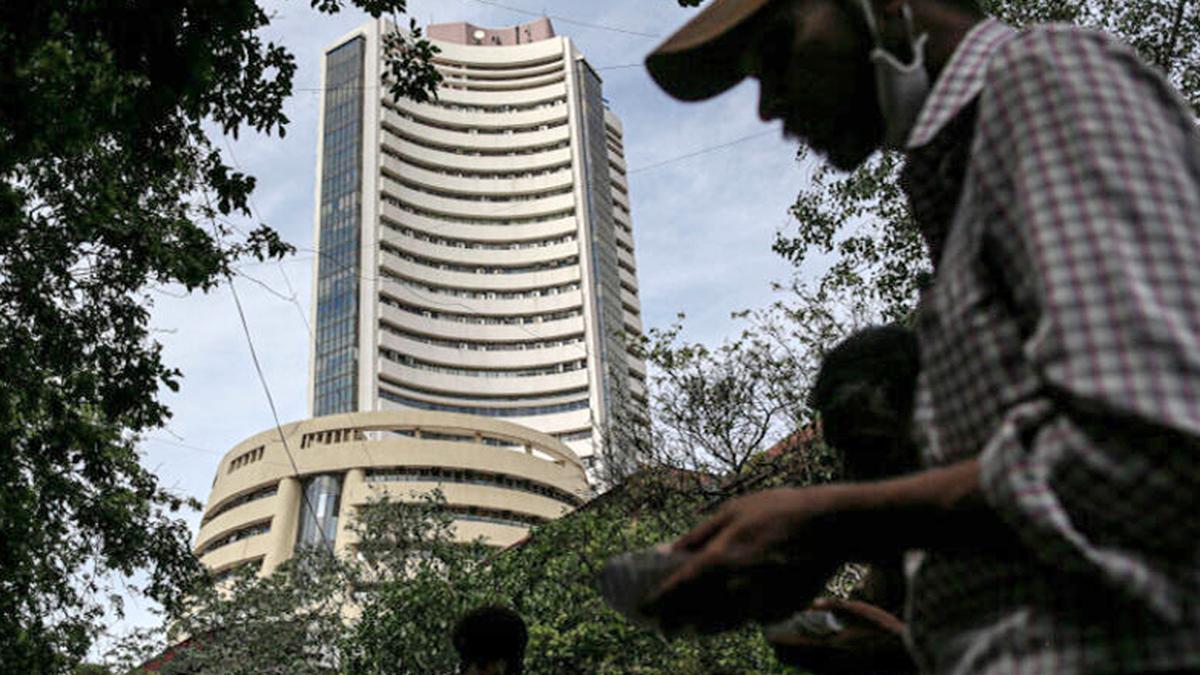
Markets rebound in early trade
The Hindu
The 30-share BSE Sensex climbed 80.16 points to 60,433.43.
Equity benchmarks climbed in initial trade on January 6 after declining in the past two trading sessions amid positive trend in Asian markets.
The 30-share BSE Sensex climbed 80.16 points to 60,433.43. The broader NSE Nifty advanced 26.1 points to 18,018.25.
From the Sensex pack, Larsen & Toubro, Reliance Industries, ITC, Nestle, Tata Steel, Hindustan Unilever, Titan, Wipro and Bharti Airtel were the major winners.
Bajaj Finserv, IndusInd Bank, Tata Consultancy Services, Infosys, Tech Mahindra, ICICI Bank and HDFC were the laggards.
Elsewhere in Asia, equity markets in Seoul, Tokyo, Shanghai and Hong Kong were trading in the green.
Markets in the U.S. had ended lower on Thursday.
The BSE benchmark had ended 304.18 points or 0.50% lower at 60,353.27 on Thursday. The Nifty dipped 50.80 points or 0.28% to end at 17,992.15.

The Union Budget unveiled on February 1, 2025, has come at a time of unprecedented global uncertainty and a flagging domestic economy. The real GDP growth is estimated at 6.4% for 2024-25 and between 6.3-6.8% for 2025-26, a far cry from >8 percent growth required annually to make India a developed nation by 2047. While much attention has been devoted to the demand stimulus through income tax cuts, not enough is said about the proposed reforms in urban development, tariff rationalisation, and regulatory simplification aimed at making Indian cities and corporates more competitive. Since the majority of economic activity is located in cities (urban areas account for ~55% of GDP) and produced by large corporates (~40% of the national output and 55% of India’s exports), the above-mentioned reforms have a pivotal role in improving India’s trend growth rate. Below we unpack each reform.












